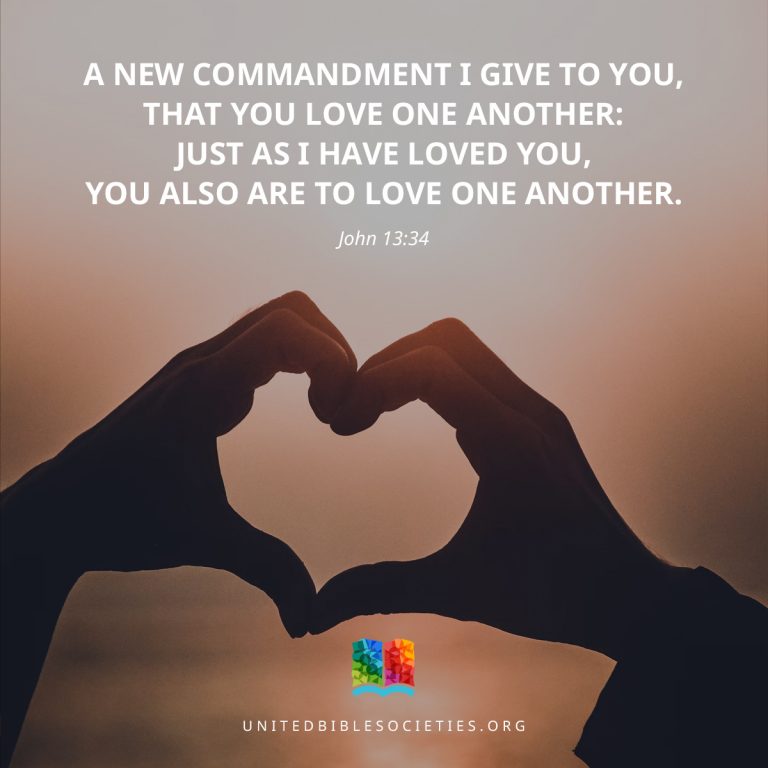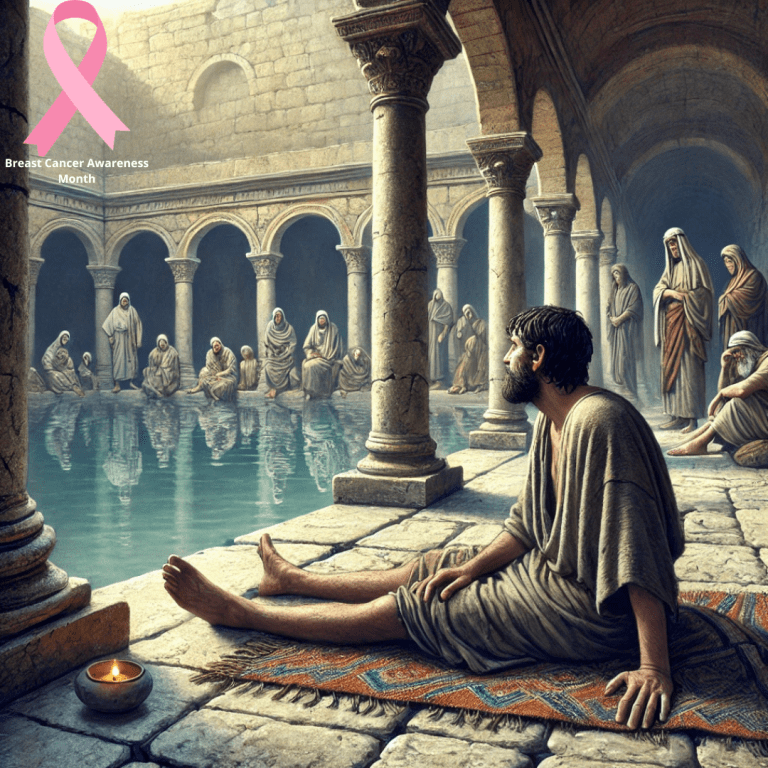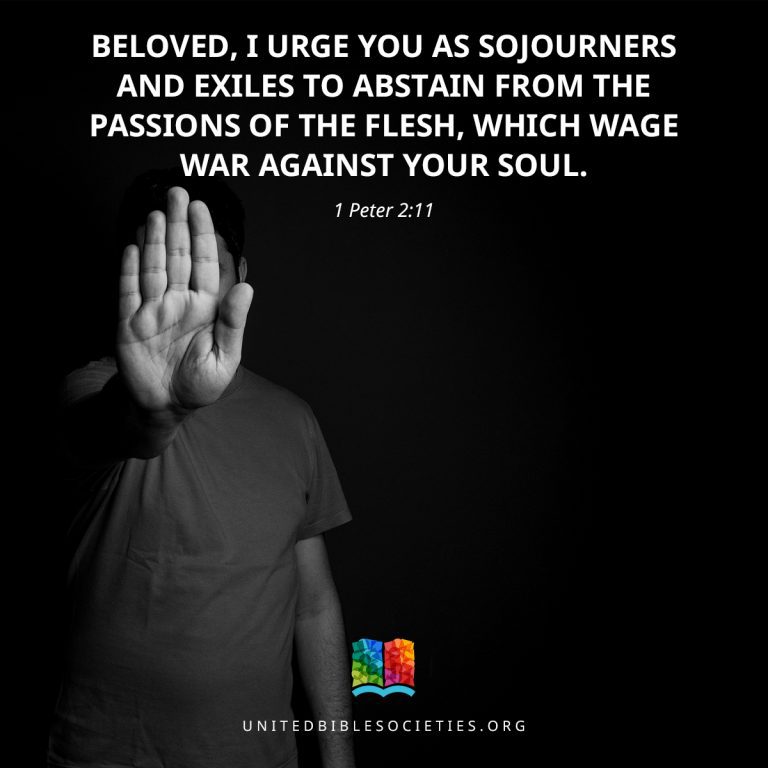Ŋen ŋəɽənda egad̶am
1 Ananoŋ Ole gafo, na Ole igi gafo Rəmwara na Ole gaɽo Rəmwa. 2 Gënəŋu gafo Rəmwara ananoŋ. 3 Laŋge pred̶ lid̶ənu ŋen ŋanṯa fəŋu gid̶əlo, na wagero gənəŋ gid̶ənu məɽəməɽeñ gënəŋu gero. 4 Đəməṯia d̶afo iŋu, na d̶əməṯia d̶aɽo arrerre gəled̶a. 5 Na arrerre gawad̶ialo iŋərəm na ŋərəm ŋero ŋəd̶ama.
6 Ed̶a gafo gənəŋ igi Rəmwa rəd̶waṯəma na gënəŋu gabërnia Yuanna. 7 Gënəŋu geṯo gəɽo d̶aməd̶aṯa ṯa aŋəɽwate eŋen ŋarrerre ṯa led̶a pred̶ alëndi ŋen iŋu. 8 Gënəŋu gero gəɽia arrerre, orn gënəŋu geṯo ṯa aŋəmad̶aṯe arrerre. 9 Arrerre gəd̶eṯəm gaɽo arrerre igi gəwad̶ialo eled̶a pred̶, fəŋu igi geṯo alo.
10 Gënəŋu gafo alo, na fəŋu gid̶u alo, na alo yaijəbama. 11 Gënəŋu geṯo irnuŋ gəlëɽəŋu na led̶a əllëɽəŋu laned̶əma. 12 Orn led̶a ləŋënṯu Yesu enare enen, gënəŋu ganaicəlo ŋabəɽa ṯa alɽeṯe ñere ñə-Rəmwa, d̶eṯəm ildi lëndu ŋen irəŋga gəlëɽəŋu, 13 ildi lələŋənu gerṯe laŋəfəni walla ləŋen ŋaŋəno walla eŋen ŋəled̶a orn i-Rəmwa.




14 Na Ole gëmərnu gəɽo aŋəno na ləgafərlda na ləgondaṯr ŋaɽrwa ŋəlëɽəŋu, ŋarno ŋaɽrwa ŋed̶a gonto gələŋənu e-Đaṯa, gwunḏeinu d̶ənaicad̶a d̶ə-Rəmwa na d̶eṯəmd̶a. 15 Yuanna gamaməd̶aṯa nəŋəɽwatiṯi led̶a oliaga pəlelo nəŋaṯa, “Fəŋu igi igəlwaɽəṯənd̶əmau, ‘Fəŋu igi gid̶i aŋəñela nḏurṯu, orn gaməñaṯəñe ŋen ŋanṯa gënəŋu gafo ananoŋ gaməñaṯəñe’.”
16 Lëndr pred̶ ləgamr ŋen id̶wunḏeinia d̶əlëɽəŋu, na ləgamr d̶ənaica nḏəneinia məɽəməɽeñ d̶aɽəjeinu. 17 Ŋen ŋanṯa Alganun yaneid̶ənu yi-Musa, orn d̶ənaica məɽəməɽeñ na d̶eṯəm leṯo yi-Yesu Almasiya. 18 Ed̶a gero gənəŋ gəseicu Rəmwa liga lənəŋ kwai kwai, Id̶ia gəlëɽəŋu gonto igi garno Đaṯa, gënəŋu gid̶əma gələŋinu.
Ŋen Yuanna igi gənanaid̶ia mamuḏiya gəlwaɽo eŋen ŋəd̶aməd̶aṯa d̶ə-Yesu
(Maṯṯa 3:1-12Margus 1:1-8Luka 3:1-18)19 Na d̶aməd̶aṯa d̶e-Yuanna d̶afo ṯia. Alyawuḏ yad̶waṯo kana na Lawiyin alo yi-Ursalim ŋen ŋanṯa aleɽəd̶e Yuanna ṯa, “Agaɽo əsëgi?” Kana na Lawiyin
20 Na Yuanna nəŋəlwaɽe ŋen ŋəd̶eṯəm, na gero gabəlaica, orn nəŋaṯa, “Igënəñi egero egəɽia Almasiya.” 21 Na lënəŋulu ldəmeɽəd̶e ṯa, “Fəŋa əsëgi magwan? Aganəŋa fəŋa Iliya?” Gënəŋu nəŋaṯa ṯa, “Ndo gerṯe fəŋu.” Lënəŋulu ldəmeɽəd̶e ṯa, “Fəŋa anabi yakəl?” Gënəŋu nəŋaṯa, “Ndo, gerṯe fəŋu.” 22 Ŋen ŋafəṯia lënəŋulu ldəmeiṯi ṯa, “Aganəŋa agaɽo əsëgi? Lwaɽəṯənde ṯa ñuɽəbiṯi led̶a ŋen ildi ləd̶waṯənde. Agaṯau egətam gəlaɽəŋa?” 23 Gënəŋu nəŋaṯa, “Egaɽo olia ged̶a gəɽwata pəlelo ed̶əñwa, ‘Ṯoɽaṯr d̶ad̶ d̶-Eləŋ’ ŋen ŋarno nabi Isaiya gəlwaɽo ṯia!”
24 Na led̶a ləmaṯan l-Alfarisiyin ləd̶weinu com, 25 na lënəŋulu ldəmeɽəd̶e ldaṯa ṯa, “Ndə agero agəɽia Almasiya, na agero agəɽia Iliya, na agero agəɽia nabi yakəl, agananaica led̶a mamuḏiya ed̶a?” 26 Yuanna nəŋəluɽəbiṯi eŋen, nəŋaṯa, “Egananaica led̶a mamuḏiya ŋawaŋa, orn ed̶a gëni gənəŋ eñaŋ ñagaijəbama. 27 Fəŋu gid̶i aŋəñela nḏurṯu na egero egərəjad̶aṯa eŋen ṯa imamiñeici yar yindəbina erəmanəŋ rəlëɽəŋu.”
28 Ŋen iŋi ŋafo ŋid̶ənu alo yi-Beṯania, isi yefo d̶əbarlda nëiñua d̶əbërnia Urḏun, alo isi Yuanna gonanaica led̶a mamuḏiya.
Yesu gaɽo Ɽruma ɽ-Rəmwa
29 Na eloman leṯeɽe, Yuanna ṯaŋwondaṯo Yesu gwëtu geṯəma nano nəŋəlwaɽəṯi led̶a ṯa, “Nwanr Ɽruma əlta ɽ-Rəmwa ildi ləŋgeicia ŋen ŋeicia ŋalo! 30 Fəŋu igi igəlwaɽətəndəmau, ‘Ṯa gid̶i aŋəñela nḏurṯu, gaməñaṯəñe ŋen ŋanṯa gënəŋu gafo ananoŋ liga igəmulu igələŋənia’. 31 Egafo egaijəbama, orn egeṯo nenanaice led̶a mamuḏiya ŋawaŋa ṯa gënəŋu aŋid̶əni gələŋinu eled̶a l-Israyil.”
32 Na Yuanna gaməd̶aṯəma naŋaṯa, “Egwondaṯo Usila girəwu elo, garno alamam nəŋəmirəwuṯi nano. 33 Egafo egaijəbama, orn gënəŋu igi gəlwaɽəṯiñi ṯa, ‘Agid̶i ŋəseici Usila gəmirəwuṯa nano na gəfəma nano, fəŋu igi gənanaid̶ia mamuḏiya Usilaga Gətəɽe’. 34 Na igënəñi egwondaṯo, na egaməd̶aṯəma ṯa fəŋu gəɽo Id̶ia gə-Rəmwa.”
Ŋen ŋəṯaləmis yananoŋ yi-Yesu
35 Na eloman leṯeɽe igei com Yuanna gaṯurwa na ṯaləmis eɽijan ilëɽəŋu, 36 ṯaŋwondaṯo Yesu gələməñaṯa gəbəla nəŋaṯa, “Nwanr Ɽruma əlta ɽ-Rəmwa!” 37 Na ṯaləmis isi eɽijan niyene Yuanna gəlwaɽo, na lënəŋulu ldəɽe ṯalmamo Yesu id̶urṯu. 38 Yesu nəŋəred̶e alo nəŋənwaneinəlo nḏurṯu nəŋəleiṯi ṯa, “Ñagabapwaiña wandəgi?” Lënəŋulu ldəmeiṯi ṯa, “Agaɽaŋa ŋga d̶urri ya Rabbi?” (Ŋen iŋi ŋanṯa, “Ed̶a gəbërrəŋaid̶ia ŋen.”)
39 Gënəŋu nəŋəleiṯi ṯa, “Elar ñanwanəd̶e.” Nṯia lënəŋulu ldabəla ldwondaṯe alo isi gəfau na lënəŋulu ldəɽaŋəlda eloman ildei, (na liga lafo ṯwaiñ ŋen ŋarno sa marldwan erregano.)
40 Maje gonto eled̶a ləɽijan ildi lənaṯo Yuanna, na ṯaləteṯo Yesuga alo, gënəŋu gənəŋ gəbërnia Anḏərawus, orəba gə-Siman Buṯrus. 41 Gënəŋu nəŋəfid̶i orəba Siman nəŋəmeiṯi ṯa, “Ñagafid̶u Almasiya. Fəŋu igi gəlwaɽəniau ṯa gid̶i aŋəɽeṯe Eləŋ.” 42 Na gënəŋu nəŋəmamaṯe Yesu nano. Na ndə Yesu gənwanəma nəŋaṯa ṯa, “Aganəŋa agəbërnia Siman, id̶ia gə-Yuna, agid̶i ŋënəjəni Sifa.” (Sifa na Buṯrus, ndrəŋ ini nanṯa lwandra.)
Ŋen Yesu gundəd̶u Filibus na Nad̶ənayil
43 Na eloman leṯeɽe gwomən Yesu gwonaṯa gabəṯa alo yi-Jalil nəŋəfid̶i Filibus nəŋəmeiṯi ṯa, “Elaŋ ŋaiñəteṯe!” ( 44 Na Filibus galo ibërnia Beṯsaiḏa, irnuŋ g-Anḏərawus na Buṯrus.) 45 Filibus nəŋəfid̶i Nad̶ənayil, nəŋəmeiṯi ṯa, “Ñagafid̶əma igi Musa gəwërd̶u egad̶am g-Alganun eŋen ŋəlëɽəŋu, na alanəbiya yiwërd̶u eŋen ŋəlëɽəŋu com. Fəŋu Yesu galo yi-Nasəraṯ id̶ia gə-Yusif.”
46 Na Nad̶ənayil nəŋəmeiṯi ṯa, “Gaɽe ŋen ŋëni ŋənəŋ ŋəŋera ŋəɽwad̶aṯia ŋətwod̶a alo yi-Nasəraṯ?” Orn Filibus nəŋəmeiṯi ṯa, “Elaŋ ŋanwanəd̶e.” 47 Yesu ṯaŋwondaṯo Nad̶ənayil gəmeṯa nano nəŋaṯa, “Seicr ed̶a igi gaɽo Israyil d̶əṯəm, gënəŋu gero ŋeniano ŋəɽijan.” 48 Nad̶ənayil nəŋəmeiṯi ṯa, “Agaləŋed̶eṯiñe ŋga?” Yesu nəŋəmuɽəbiṯi eŋen nəŋaṯa, “Ŋen ananoŋ Filibus gəmulu gəŋundəd̶ia, ŋen agəfo ebəd̶a id̶urṯu igaseicaŋa.”
49 Nad̶ənayil nəŋəmuɽəbiṯi eŋen ṯa, “Ya Ed̶a gəbërrəŋaid̶ia ŋen aganəŋa agaɽo Id̶ia gə-Rəmwa, Agaɽo Eləŋ galo y-Israyil.”
50 Yesu nəŋəmuɽəbiṯi eŋen ṯa, “Ŋen ŋanṯa igalwaɽəṯiaŋa ṯa igaseicaŋa ebəd̶a id̶urṯu fəŋen iŋi agëndu? Agid̶i ŋaseici ŋen ŋoɽra ŋəməñaṯo ŋen iŋi!” 51 Nəŋəmeiṯi ṯa, “Đeṯəm, d̶eṯəm, igandəlwaɽəṯia ṯa, ñagid̶i ñaseici ltuŋga ləndəd̶iano, na malaiyəka yi-Rəmwa yarəbwoṯwa elo na yikirəwuṯa alo Id̶ia gə-Led̶a nano.”
The Word of Life
1 In the beginning the Word already existed; the Word was with God, and the Word was God. 2 From the very beginning the Word was with God. 3 Through him God made all things; not one thing in all creation was made without him. 4 The Word was the source of life, and this life brought light to people. 5 The light shines in the darkness, and the darkness has never put it out.
6 God sent his messenger, a man named John, 7 who came to tell people about the light, so that all should hear the message and believe. 8 He himself was not the light; he came to tell about the light. 9 This was the real light—the light that comes into the world and shines on all people.
10 The Word was in the world, and though God made the world through him, yet the world did not recognize him. 11 He came to his own country, but his own people did not receive him. 12 Some, however, did receive him and believed in him; so he gave them the right to become God's children. 13 They did not become God's children by natural means, that is, by being born as the children of a human father; God himself was their Father.
14 The Word became a human being and, full of grace and truth, lived among us. We saw his glory, the glory which he received as the Father's only Son.
15 John spoke about him. He cried out, “This is the one I was talking about when I said, ‘He comes after me, but he is greater than I am, because he existed before I was born.’”
16 Out of the fullness of his grace he has blessed us all, giving us one blessing after another. 17 God gave the Law through Moses, but grace and truth came through Jesus Christ. 18 No one has ever seen God. The only Son, who is the same as God and is at the Father's side, he has made him known.
John the Baptist's Message
(Matthew 3.1-12Mark 1.1-8Luke 3.1-18)19 The Jewish authorities in Jerusalem sent some priests and Levites to John to ask him, “Who are you?”
20 John did not refuse to answer, but spoke out openly and clearly, saying: “I am not the Messiah.”
21 “Who are you, then?” they asked. “Are you Elijah?”
“No, I am not,” John answered.
“Are you the Prophet?” they asked.
“No,” he replied.
22 “Then tell us who you are,” they said. “We have to take an answer back to those who sent us. What do you say about yourself?”
23 John answered by quoting the prophet Isaiah:
“I am ‘the voice of someone shouting in the desert:
Make a straight path for the Lord to travel!’”
24 The messengers, who had been sent by the Pharisees, 25 then asked John, “If you are not the Messiah nor Elijah nor the Prophet, why do you baptize?”
26 John answered, “I baptize with water, but among you stands the one you do not know. 27 He is coming after me, but I am not good enough even to untie his sandals.”
28 All this happened in Bethany on the east side of the Jordan River, where John was baptizing.
The Lamb of God
29 The next day John saw Jesus coming to him, and said, “There is the Lamb of God, who takes away the sin of the world! 30 This is the one I was talking about when I said, ‘A man is coming after me, but he is greater than I am, because he existed before I was born.’ 31 I did not know who he would be, but I came baptizing with water in order to make him known to the people of Israel.”
32 And John gave this testimony: “I saw the Spirit come down like a dove from heaven and stay on him. 33 I still did not know that he was the one, but God, who sent me to baptize with water, had said to me, ‘You will see the Spirit come down and stay on a man; he is the one who baptizes with the Holy Spirit.’ 34 I have seen it,” said John, “and I tell you that he is the Son of God.”
The First Disciples of Jesus
35 The next day John was standing there again with two of his disciples, 36 when he saw Jesus walking by. “There is the Lamb of God!” he said.
37 The two disciples heard him say this and went with Jesus. 38 Jesus turned, saw them following him, and asked, “What are you looking for?”
They answered, “Where do you live, Rabbi?” (This word means “Teacher.”)
39 “Come and see,” he answered. (It was then about four o'clock in the afternoon.) So they went with him and saw where he lived, and spent the rest of that day with him.
40 One of them was Andrew, Simon Peter's brother. 41 At once he found his brother Simon and told him, “We have found the Messiah.” (This word means “Christ.”) 42 Then he took Simon to Jesus.
Jesus looked at him and said, “Your name is Simon son of John, but you will be called Cephas.” (This is the same as Peter and means “a rock.”)
Jesus Calls Philip and Nathanael
43 The next day Jesus decided to go to Galilee. He found Philip and said to him, “Come with me!” ( 44 Philip was from Bethsaida, the town where Andrew and Peter lived.) 45 Philip found Nathanael and told him, “We have found the one whom Moses wrote about in the book of the Law and whom the prophets also wrote about. He is Jesus son of Joseph, from Nazareth.”
46 “Can anything good come from Nazareth?” Nathanael asked.
“Come and see,” answered Philip.
47 When Jesus saw Nathanael coming to him, he said about him, “Here is a real Israelite; there is nothing false in him!”
48 Nathanael asked him, “How do you know me?”
Jesus answered, “I saw you when you were under the fig tree before Philip called you.”
49 “Teacher,” answered Nathanael, “you are the Son of God! You are the King of Israel!”
50 Jesus said, “Do you believe just because I told you I saw you when you were under the fig tree? You will see much greater things than this!” 51 And he said to them, “I am telling you the truth: you will see heaven open and God's angels going up and coming down on the Son of Man.”


